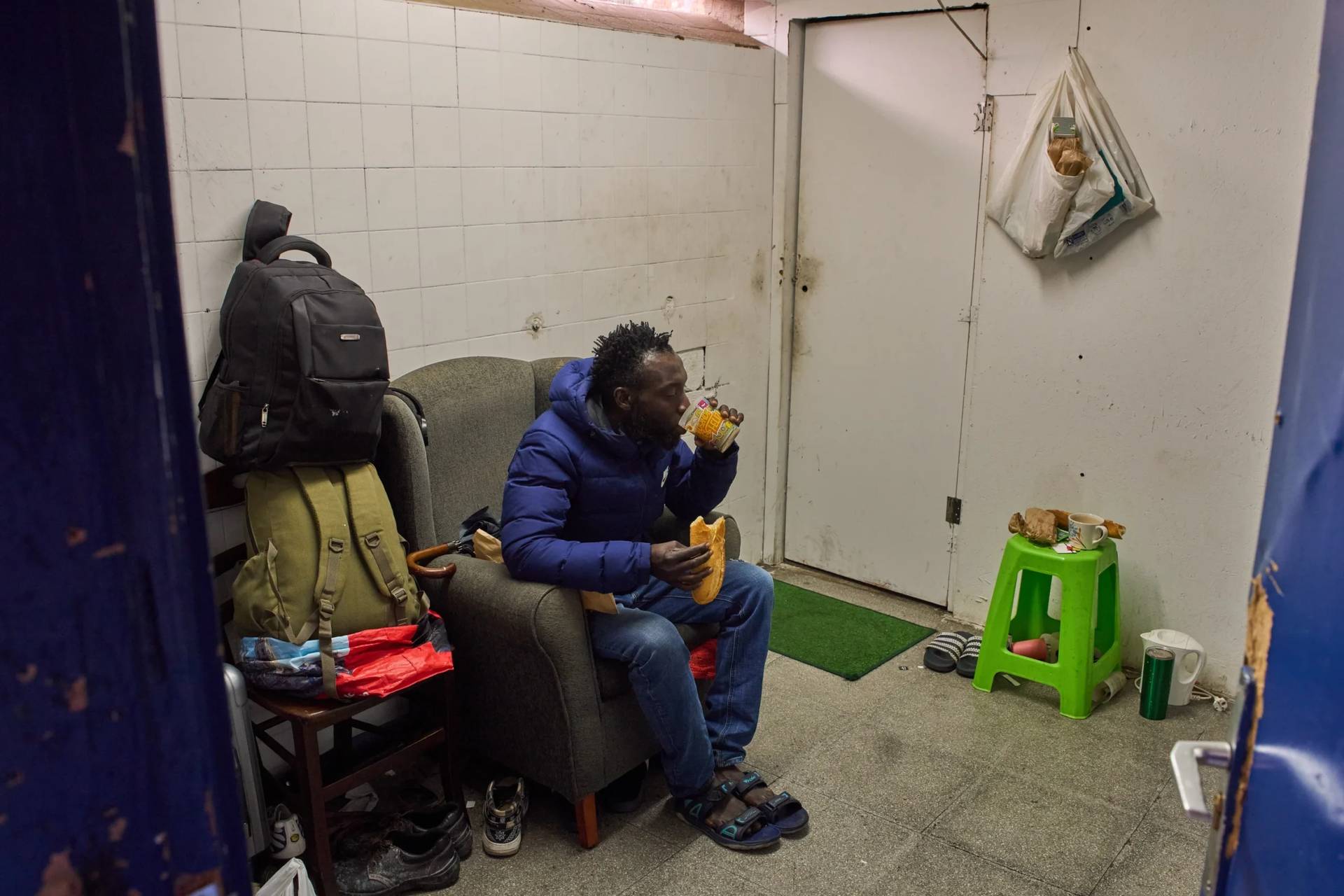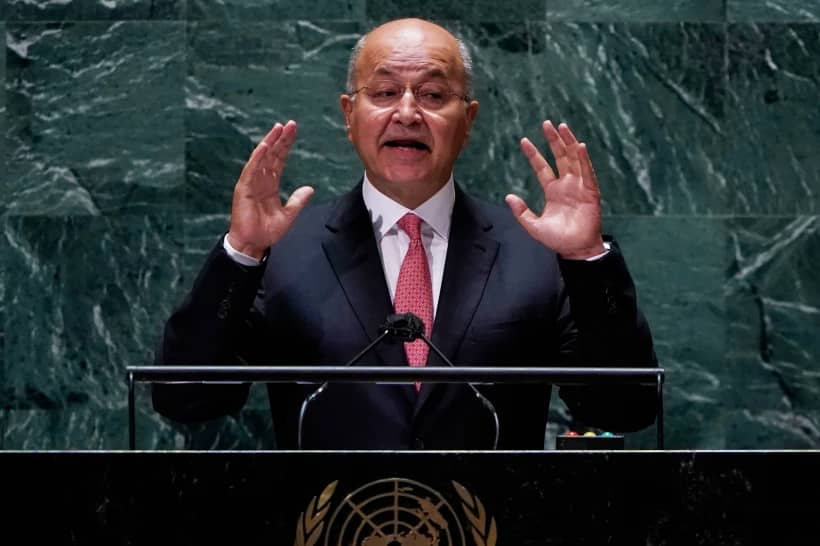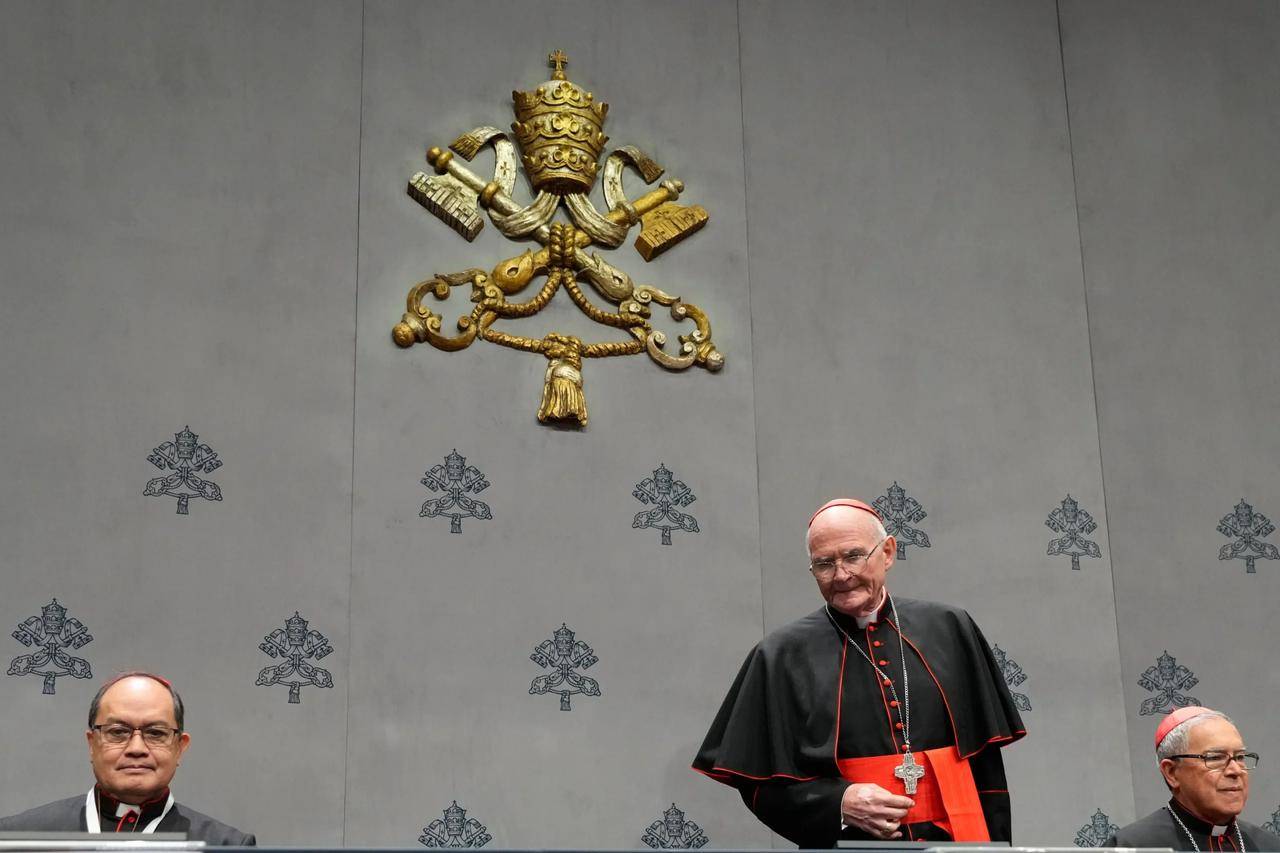ACIREALE, Sicily – A senior official of a Catholic diocese in southern Italy told Crux that while officials were aware of general doctrinal and moral concerns regarding a controversial lay movement, they never knew about charges of sexual abuse of minors until the group’s leader was arrested in August 2018.
“We learned looking into our past that the accusations were of moral disorders, but never pedophilia!” said Father Giovanni Mammino, vicar general for the Diocese of Acireale in Sicily, in an interview with Crux.
Mammino added that he was aware when he was a parish priest in a nearby town that the association stood on shaky ground doctrinally and seemed to be populated by very attractive women.
It took two years for Crux to obtain an interview with a representative of the diocese that is caught up in scandal following public charges of abuse in 2017.
On Feb. 19, Mammino welcomed Crux and the mother of a victim to discuss the case, which erupted when the charismatic leader of the “Catholic Culture and Environment Association” (ACCA), Piero Alfio Capuana, 74, known by his acolytes as the “Archangel,” was arrested by Italian police on charges of sexually abusing several underage girls.
“We collaborated with the magistrate,” Mammino said, while insisting that the diocese was not aware of abuse concerns within the movement.
What emerged from documents obtained by Crux is that starting in the early 1970s, succeeding bishops and even Pope Paul VI were informed of “deviations of a doctrinal and moral character” and “true scandals” within ACCA.
RELATED: Diocese had warnings about lay group accused of abuse for 40-plus years
In 1973, then-auxiliary bishop Giuseppe Costanzo had attempted to apply oversight regarding ACCA, which at the time was led by Capuana and his mentor, Father Stefano Cavalli, a “spiritual son” of the mystic and stigmatic Capuchin friar Padre Pio.
“Apparently, after the death of the bishop, they changed strategy,” Mammino said of the group, which he said adopted a “chameleon strategy” to avoid being further chastised – “like an eel that slips on all sides,” he said, impervious to attempts of oversight.
“The façade appeared to be all calm and serene… but all these things hiding underneath did not emerge,” he said.
When the scandals went public in 2017, the diocese released two statements referring to ACCA as a “civil association” with no ties to the Church. Asked whether the diocese should have taken responsibility for a group that not only calls itself Catholic but is believed to be Catholic by hundreds of faithful who are a part of it, Mammino demurred.
“There is no canonical recognition,” he said. “In the papers we found, there are three statute drafts (for ACCA) to officialize its presence, which were presented and discussed but never approved.”
While Capuana is under house arrest awaiting trial, set to take place between May and October 2019, the lay group continues to proselytize and gather every Sunday at its headquarters, “The Cenacle,” and to have Mass at the parish of Lavina in Aci Bonnaccorsi, a small town on the peripheries of Catania.
Cases such as ACCA in Sicily and the Sodalitium of Christian Life in Peru, whose leader also was accused of sexually and physically abusing members, indicate that while the Church may have developed strong controls over clergy, in cases involving lay organizations it sometimes struggles to impose effective oversight.
RELATED: Peru scandal showcases need for oversight of lay movements
“Let’s put it this way: The process in the Church for dealing with lay people has got no teeth,” Father Francis Morrissey, a Canadian expert on canon law, told Crux in an August 2017 interview.
Mammino acknowledged that the situation is “very complicated,” but when asked whether the diocese would send someone to look over the group now, he was adamant: “We must not send anyone! They must take responsibility, in their own headquarters.”
In the past, the diocese did send priests to liaison with the group. After Costanzo, Father Orazio Finocchiaro was sent in the 1980s by then-Bishop Giuseppe Malandrino to examine ACCA. In his report, Finocchiaro pointed to several issues within the group and asked the diocese “not to leave him alone.”
“He couldn’t do it,” said Mammino, who worked in the same parish as Finocchiaro for a time and was aware of his role in overseeing ACCA.
“He couldn’t do it because it was something far greater than him,” he said.
Once Finocchiaro left to take over another parish, then-Bishop Salvatore Gristina appointed Father Rosario Di Bella, to “keep an eye on ACCA,” Mammino said. Di Bella attended meetings and was an integral part of the lay group for over a decade until the scandals erupted.
The mother of one of the alleged victims, who asked to remain anonymous to protect her daughter’s identity and who was present at the meetings, explained that the attendance of priests and bishops at ACCA meetings led her and many others to believe that it was a Catholic organization approved by the diocese.
“It emerged from some witnesses that [ACCA] did not want priests interfering,” Mammino explained. “If they called someone, it had to be someone compliant. Confess, say Mass and leave!”
Although members report that Capuana would present himself as the voice of the Archangel, or the Virgin Mary, or the Holy Spirit, “they were careful never to show these aspects in front of a priest,” Mammino said.
He confirmed that ACCA members provided their own catechism for youth without the knowledge of the parish priest, Father Carmelo Torrisi.
“Here it’s true that things got a little…. out of our hands. That’s true,” Mammino said, before adding that “the important thing is to gain awareness.”
“I can say this, there has been an informal propaganda among priests telling everyone to have nothing to do with this association and that if faithful wish to go, to dissuade them,” he said.
Another priest, Father Orazio Caputo, also kept close ties with ACCA. Today Caputo is civilly charged with interfering with a police investigation into Capuana and the association. According to a police report, Caputo learned about the investigation during confession and broke its seal to relay information to the group’s leadership.
“Father Orazio is not saying Mass and excused himself from confession … for a long time now,” Mammino said.
Mammino was placed in charge of an internal probe into ACCA and Caputo, and said he presented the results to an ecclesiastical court that will decide the fate of the priest in mid-May.
“I worked really hard and collected all the data. We did so much work, listened to so many people,” Mammino said.
Mammino stressed the importance of understanding the past, while underlining that ACCA has no relations with the diocese in the present. In November 2018, the Bishop of Acireale, Antonino Raspanti, published a statement inviting parishes to interrupt any partnership with the association.
“But then again,” as Mammino explained, “it gets away [and] takes on new forms.”












